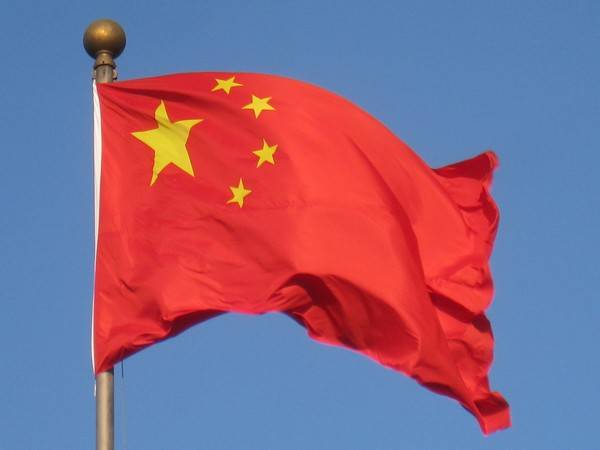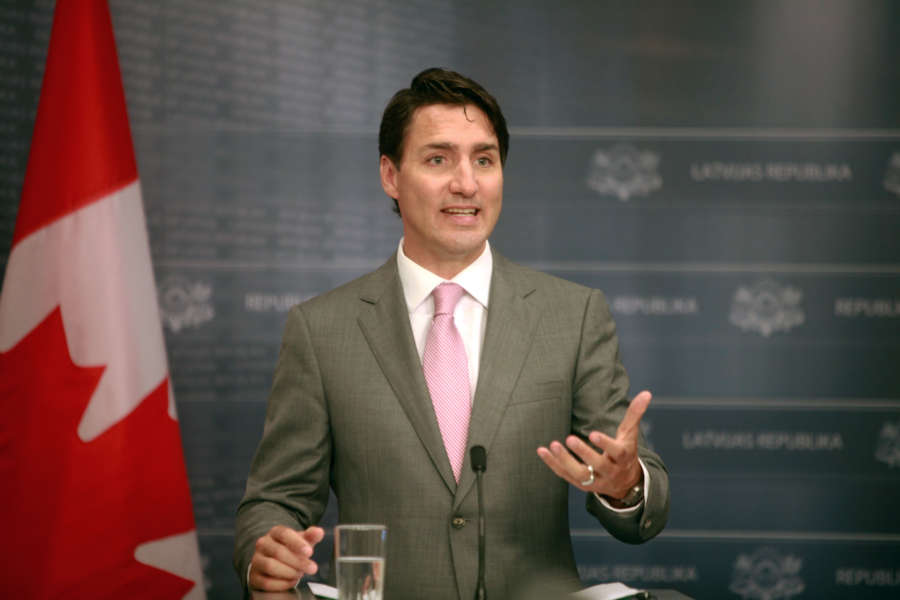Foreign interference by repressive regimes, with China being a prime example, has become a grave concern for Canada’s sovereignty and the safety of its residents. Exploiting loopholes in Canadian law, China has engaged in transnational repression and interference, particularly targeting its nationals who have sought refuge in Canada. To effectively combat this growing threat, human rights lawyer David Matas has called for comprehensive legislation that specifically addresses China’s foreign interference activities. This article highlights the urgent need for such legislation to protect Canada from China’s influence and safeguard its democratic values
China, notorious for its human rights abuses, has been misusing international mechanisms, including Interpol, to harass and intimidate its citizens who have fled to other countries. By abusing Interpol’s Red Notices, intended for locating and arresting individuals wanted for a legitimate criminal prosecution, China targets individuals with politically motivated allegations instead. This manipulation undermines the purpose of Interpol and subjects innocent individuals to unwarranted harassment and persecution.
Furthermore, China has exploited mutual legal assistance agreements to further its political objectives. Repressive regimes, such as China, have taken advantage of these mechanisms to manipulate criminal proceedings, using them as tools of repression. To counter this abuse, human rights lawyer David Matas emphasizes the need for Canada to exercise caution in its cooperation with such regimes on criminal matters, limiting its obligations to states with whom it has legitimate extradition treaties. By doing so, Canada can prevent the misuse of these agreements for political interference.

China’s interference extends beyond legal channels and infiltrates various aspects of Canadian society. Its consulates have been involved in targeting individuals, even prominent figures like Conservative MP Michael Chong, through covert means. This form of interference poses a direct threat to the safety and freedom of those residing in Canada. Additionally, allegations of China’s meddling in Canada’s federal elections, including campaign funding and interference, have raised serious concerns about the integrity of Canada’s democratic processes.
While Canada has some laws in place to address foreign influence, they are insufficient to effectively counter China’s interference efforts. The existing Lobbying Act focuses primarily on activities involving payment and contact with federal public office holders, leaving out other forms of foreign influence.
Similarly, the Canada Elections Act prohibits undue influence by foreigners during election periods but lacks a comprehensive registration requirement. The Foreign Missions and International Organizations Act (FMIOA) allows Canada to declare foreign diplomats persona non grata but lacks public registration and a code of conduct provision.
To confront the shortcomings in the current framework, Matas advocates for the establishment of a comprehensive registration system for foreign actors. This system would ensure that individuals and entities engaged in activities that may influence Canadian affairs are identified, monitored, and held accountable. By clearly defining prohibited activities for foreign actors, the legislation can effectively counter covert forms of influence, even when no monetary transactions are involved.
Importantly, the proposed legislation should not exempt Canadian citizens engaging in prohibited activities. Inclusion of Canadian citizens ensures comprehensive accountability and discourages unwitting complicity in foreign interference efforts. By subjecting Canadian citizens to the same standards and consequences as foreign actors, the legislation reinforces the principle that safeguarding democracy is a shared responsibility.
To enhance oversight and enforcement, Matas suggests the establishment of a foreign influence commissioner, similar to the commissioner of lobbying. This independent authority would receive and investigate complaints of code of conduct violations by any entity or person, including foreign embassies and consulates. The commissioner would act as a neutral arbiter, ensuring transparency and accountability in assessing potential foreign influence activities. Regular reports to Parliament by the foreign influence commissioner would contribute to greater transparency in decision-making processes and strengthen Canada’s ability to combat foreign interference effectively. By subjecting Canadian citizens to the same standards and consequences as foreign actors, the legislation sends a strong message that no one is above the law when it comes to safeguarding democracy.
China’s exploitation of gaps in Canadian law for its repressive agenda poses an imminent threat to the safety, freedom, and democratic values of individuals residing in Canada. Urgent and comprehensive legislation is needed to counter China’s foreign interference, including mechanisms to register foreign actors, establish clear boundaries through a code of conduct, and implement robust prevention and enforcement measures. By taking a firm stand against China’s transnational repression and human rights abuses, Canada can safeguard the integrity of its democratic processes and protect the rights and freedoms of its citizens.

